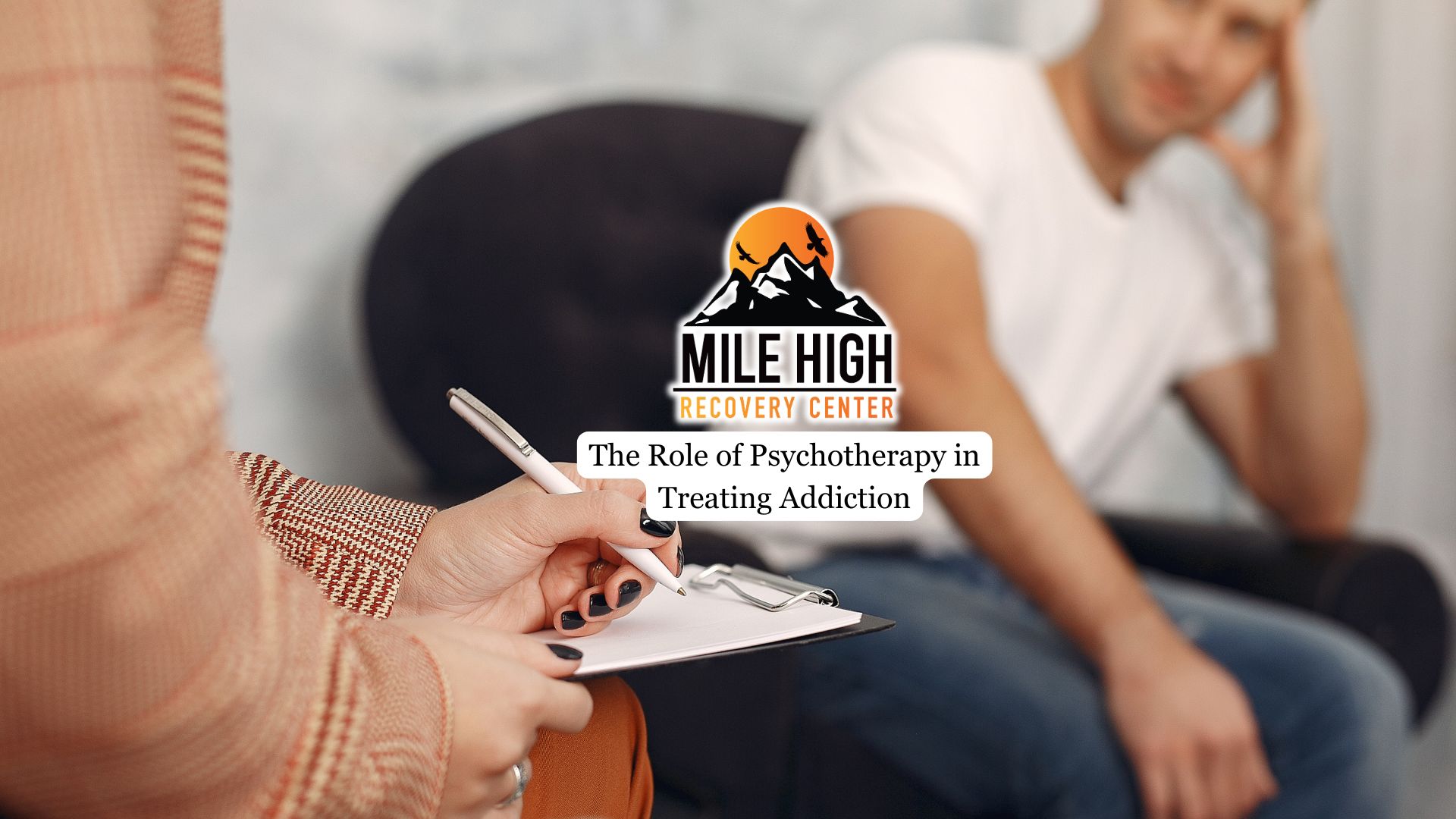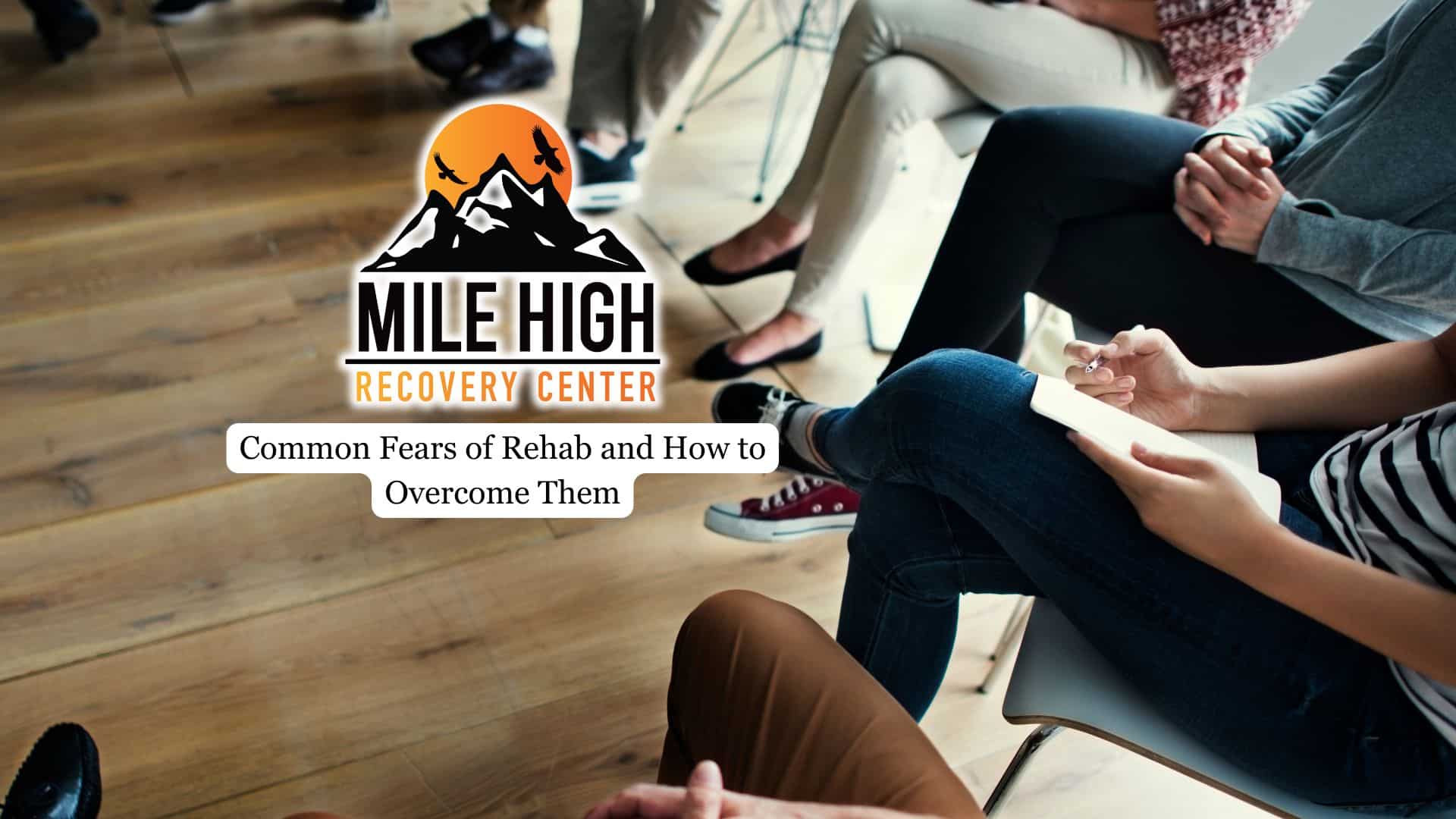Addiction is a complex condition that affects both the mind and body, often leading to destructive behaviors and emotional distress. Recovery requires more than physical detoxification. It demands addressing the psychological and behavioral roots of substance use. Talk therapy, also known as psychotherapy, plays a central role in this process.
In this article, we examine how therapy supports addiction recovery, promotes emotional healing, and equips individuals with the skills necessary for sustained sobriety.

What Psychotherapy Involves in Addiction Treatment
Psychotherapy focuses on understanding the emotional, mental, and behavioral patterns that contribute to addiction. Through sessions with a therapist, individuals examine their thoughts, feelings, and life experiences to uncover what drives substance use. This process encourages self-reflection and promotes healthier coping strategies to replace destructive habits.
Therapists use evidence-based techniques to help clients identify triggers, manage cravings, and build motivation for change. Sessions may take place individually, in groups, or with family members, each offering a different form of support and insight. The consistent goal is to create a safe environment where individuals can confront challenges and learn to navigate them without resorting to drugs or alcohol.
Common Forms of Psychotherapy Used in Addiction Recovery
Psychotherapy includes several types of therapy used in addiction treatment, addressing behavioral, emotional, and cognitive aspects of recovery. Common types used in addiction treatment include:
Cognitive Behavioral Therapy (CBT)
CBT helps individuals identify and challenge negative thought patterns and behaviors that contribute to substance use. Recognizing triggers, distorted thinking, and unhealthy coping strategies allows patients to learn practical skills to replace harmful behaviors with healthier responses, building long-term resilience against relapse.
Dialectical Behavior Therapy (DBT)
DBT combines cognitive-behavioral techniques with mindfulness practices to help patients regulate intense emotions, tolerate distress, and improve interpersonal effectiveness. It is particularly effective for individuals who struggle with emotional dysregulation, self-destructive behaviors, or co-occurring mental health conditions alongside addiction.
Motivational Interviewing (MI)
Motivational interviewing is a collaborative, client-centered approach designed to enhance a person’s motivation to change addictive behaviors. Through open-ended questions, reflective listening, and exploring ambivalence, individuals become more aware of the discrepancies between their current behaviors and personal goals, increasing commitment to recovery.
Contingency Management (CM)
CM employs a positive reinforcement framework to encourage abstinence and engagement in healthy behaviors. Providing tangible rewards, such as vouchers or privileges, for meeting treatment goals, incentivizes patients to maintain sobriety and adopt new, constructive routines.
Eye Movement Desensitization and Reprocessing (EMDR)
EMDR therapy addresses trauma-related experiences often associated with addiction. EMDR helps reprocess traumatic events by guiding patients through controlled eye movements while recalling distressing memories, reducing their emotional impact and decreasing trauma-driven substance use.
Group Therapy
Group therapy offers a supportive environment where individuals share experiences, challenges, and successes with peers facing similar struggles. This setting fosters a sense of community, reduces isolation, encourages accountability, and provides opportunities to learn coping strategies from others in recovery.
Family Therapy
Family therapy involves family members in the recovery process to improve communication, resolve conflicts, and strengthen support networks. Addressing dysfunctional dynamics and educating loved ones about addiction helps create a stable and understanding environment that reinforces long-term recovery.
Complementary and Alternative Therapies (CAM)
CAM encompasses holistic approaches, including yoga, meditation, art therapy, and mindfulness practices, that promote overall well-being. These therapies help individuals reduce stress, improve emotional regulation, enhance self-awareness, and cultivate healthy habits that complement traditional addiction treatment.
These therapies may be combined or personalized based on the individual’s needs in addiction recovery programs, often integrated with medication-assisted treatment where appropriate.
This range of psychotherapies addresses underlying behavioral patterns, emotional challenges, and support systems essential for successful recovery from addiction.

How Psychotherapy Supports Long-Term Recovery
The benefits of Psychotherapy extend beyond achieving sobriety. It empowers individuals to rebuild self-awareness, confidence, and emotional resilience. These insights help clients better understand their emotions and responses to stress, enabling them to take charge of their recovery instead of reacting impulsively. Therapy helps strengthen emotional intelligence and self-regulation, two key components that contribute to maintaining stability in daily life.
This process also promotes accountability, consistency, and personal growth. Regular therapy sessions enable individuals to reflect on their progress, identify triggers early, and strengthen their coping mechanisms when faced with setbacks. As clients continue their sessions, they experience improved mental clarity, stronger motivation, and the ability to apply new coping skills to real-life challenges. Sustained engagement fosters long-term resilience, emotional balance, and inner peace, which are essential for achieving and maintaining lasting sobriety.
Integrating Psychotherapy into Comprehensive Addiction Treatment
Within a holistic treatment model, psychotherapy is combined with detox, medication-assisted treatment, and complementary therapies such as mindfulness practices, counseling, and relapse prevention skills. This integration addresses both the physical dependence and the psychological roots of addiction, allowing for more balanced and sustainable recovery.
In this system, each component supports the others. Detoxification and medication help stabilize the body, while psychotherapy and related therapies focus on emotional healing, behavioral change, and long-term resilience. Outpatient and inpatient programs for substance use disorders weave these methods together to guide individuals through every stage of recovery, fostering personal growth, emotional wellness, and a stronger foundation for lasting sobriety.
Final Thoughts from Mile High Recovery
Psychotherapy is not merely a clinical practice. It is a path toward emotional stability, clarity, and lifelong recovery. Therapy helps uncover the root causes of addiction and equips individuals with the emotional tools to manage stress and regain balance. Through this process, a strong foundation is built for deep transformation and lasting recovery.
At Mile High Recovery, our addiction treatment programs in Colorado offer various types of psychotherapy chosen to fit the individual’s unique journey, combining effective therapeutic methods with compassionate guidance. This integrated approach empowers every client to achieve sustainable sobriety and rediscover purpose, balance, and fulfillment in their life.







